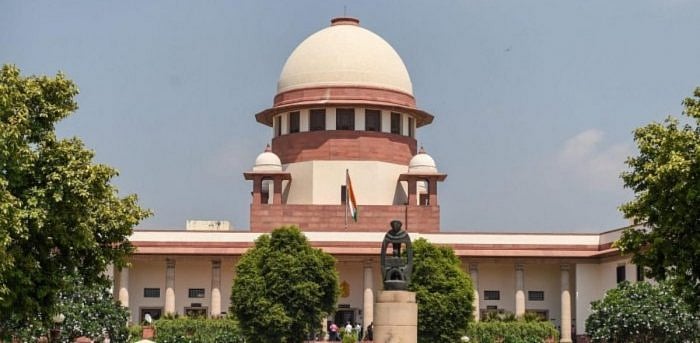
The CBI on Wednesday told the Supreme Court that no criminality has been found in conversations of lobbyist Niira Radia with a cross sections of people, including politicians, industrialists, lawyers and journalists, recorded by the CBDT during 2008-09.
The conversations created huge political storm, showing gaping holes in decision making process, among others, prompting the top court to order CBI probe into it in 2013.
Additional Solicitor General Aishwarya Bhati submitted before a bench of Justices D Y Chandrachud, Hima Kohli and P S Narasimha that a sealed cover report was filed in 2015 by the investigating agency.
"No criminality was found during the investigation," she said, disclosing the outcome of the court-ordered probe and the case wasn’t taken up by the apex court in all these years.
The outcome of the investigation has also been forwarded to the departments concerned, she added.
The court asked the CBI to file the latest status report in October, when it would take up the matter again.
The case concerned a plea filed by industrialist Ratan Tata for probe into leak of the tapes, affecting his right to privacy.
NGO 'Centre for Public Interest Litigation' led by advocate Prashant Bhushan pleaded for disclosure of tapes in public interest.
On July 31, 2013, the CBI, represented by Additional Solicitor General Paras Kuhad, had confirmed criminality in the Radia tapes case. He had said that the agency was willing to start a probe and handed over a summary of the analysis of 5,800 tapped conversations.
The court had then ordered the CBI investigation into various contentious conversations, referring to the “deep-rooted malice” and “connivance” of private entrepreneurs with government officials for illegal gains.
The CBI subsequently lodged 14 preliminary enquires.
The instant case was last heard in April 2014, when the top court crystallized the issues -- right to privacy vis-a-vis the government; right to privacy vis-a-vis the media; and the right to information.
Tata had sought a probe into who had leaked the excerpts from the intercepts and also a mechanism in place to guard against such indiscriminate invasion into a citizen's privacy.
In August 2017, the apex court's nine-judge bench, in a landmark verdict, had said that privacy is a constitutional right.

